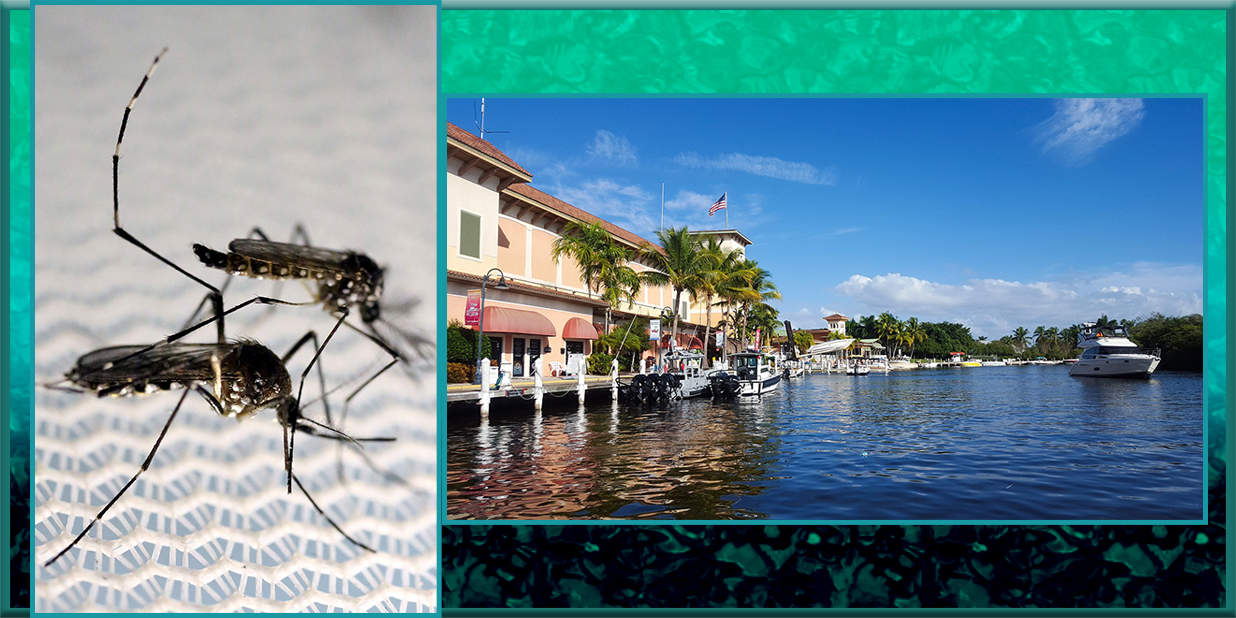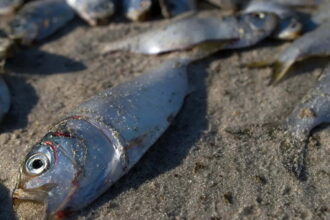Genetically Modified Mosquitoes: A Novel Approach to Mosquito Control in Florida

In the last several years, Florida has been at the leading edge of what is considered to be an experimental and ambivalent solution to prey on mosquitoes, which is the release of genetically modified (GM) mosquitoes. The novel way involves the reduction of infected mosquitoes without using historical insecticides.
In 2021, Florida became very well-known for releasing 144,000 genetically modified male mosquitoes with a pilot to combat Aedes aegypti mosquitoes. The species is famous for the spread of diseases such as dengue fever, which has started to become an issue in this region. The current number of positive cases of dengue fever is the largest in the continental USA, according to the information published by CDC.
The GM mosquitoes that are being used in this particular project are bred in laboratories with two types of genes. Male mosquitoes are modified in a way that they will not be able to breed. Ultimately, when they breed with wild females, the resulting female offspring will die before they can procreate, while male offspring will continue to live and give rise to modified genes.
This solution is supposed to be limited, with genes not supposed to live on and infect new generations of mosquitoes. Their goal is to lessen the number of Aedes aegypti mosquitoes in specific regions to mitigate the risk of disease transmission.
The release of GM mosquitoes in Florida has been widely discussed and highly supported by some and heavily criticized by others. Many people express concerns over the dangers of releasing genetically modified organisms into the environment.
Though the idea is also supported by those who think that it is a more dangerous and environmentally friendly mosquito control solution. Dr. Anthony James, a molecular biologist at the University of California, Irvine, who has worked on genetically engineered mosquitoes, stated in a National Geographic article:
“We’re entering a new era where we’re not just going to use insecticides to control mosquitoes. We’re going to use modern molecular genetic techniques.”
However, the Florida project is not the only one that exists in the world. There are some similar ones being tried or addressed in different regions. For example, the emergence of fighting mosquitoes is done in Djibouti by releasing tens of thousands of GM mosquitoes on a weekly basis. The emergence of the subject draws worldwide interest that shows GM mosquitoes could be used as a tool in the fight against mosquito-borne diseases.
As Florida is still dealing with the challenges of the invasive mosquito species and the diseases driven by them, the use of genetically modified mosquitoes is the excessive step into a new era of mosquito control. The further efficiency and results of the solutions have yet to be seen, but the solution has definitely moved the agenda and is a remarkable improvement in the treatment of the historical problem of mosquito-borne diseases.














